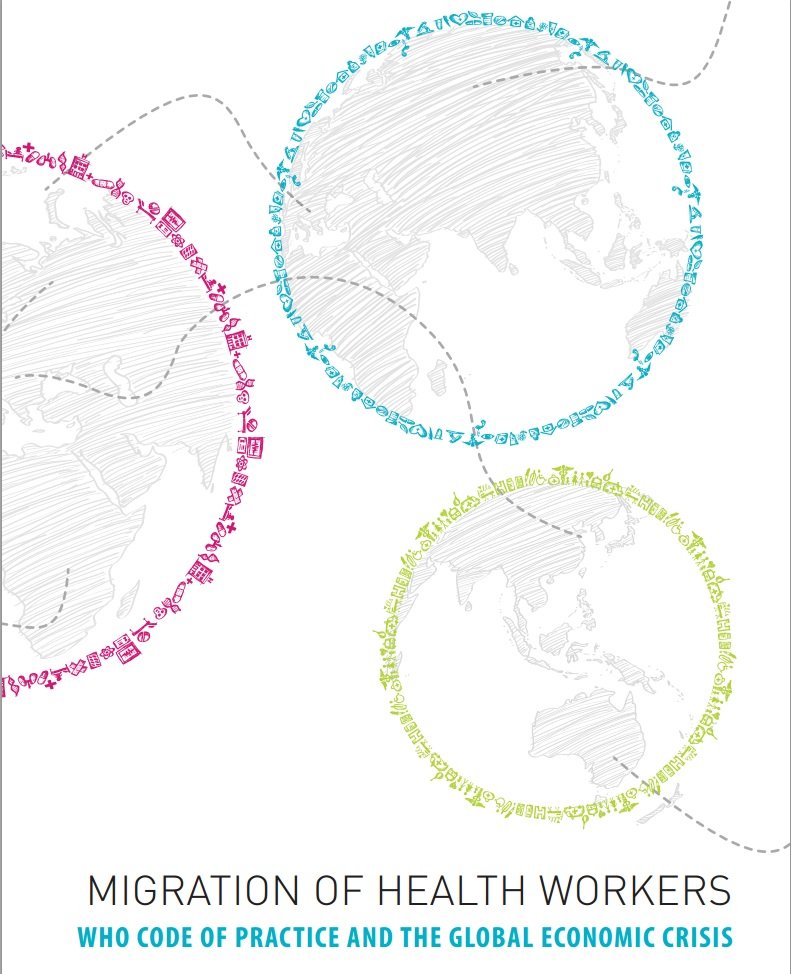
Migration Of Health Workers: The WHO Code Of Practice And The Global Economic Crisis
- Livros Em Inglês, Recursos Humanos, Saúde
- 8 Visualizações
- Nenhum Comentário

Link Quebrado?
Caso o link não esteja funcionando comente abaixo e tentaremos localizar um novo link para este livro.











